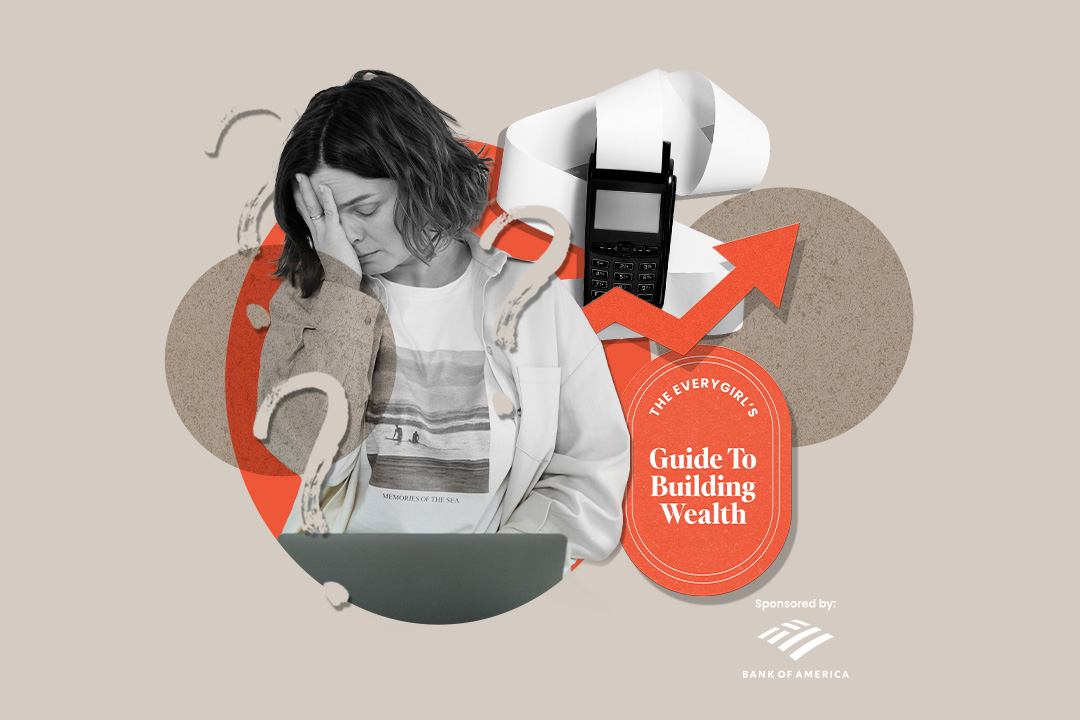Living with your partner is a significant and thrilling milestone. It often marks a return to the honeymoon phase, where spending time together becomes the focus of your excitement and joy. However, alongside this thrilling experience, there might be feelings of nervousness and uncertainty about how your relationship will evolve. While moving in together is likely to bring changes to your relationship, the positive news is that change is essential for the growth of your relationship.

However, it’s necessary to acknowledge that there will be moments when your partner may seem more like a roommate than a romantic companion—such as when your discussions revolve around mundane household tasks or bill payments. This phenomenon is commonly known as “roommate syndrome.” While experiencing this phase occasionally is normal, there are strategies to prevent it and keep the spark alive in your relationship.
Understanding roommate syndrome
Hilary Weinstein, a Licensed Clinical Social Worker, Private Practice Psychotherapist, and owner of HLW Therapy, defines roommate syndrome as a phase where many couples find themselves after living together for some time. According to Weinstein, this phase occurs when the initial excitement of cohabitation fades, leading to a sense of plateau in the relationship.
A plateau can manifest in various ways, but typically involves getting caught up in daily routines and neglecting to prioritize the relationship. For instance, if you previously enjoyed frequent date nights but now question the necessity of planning them since you see each other daily, you may be experiencing roommate syndrome.
Weinstein reassures that feeling stagnant is natural for couples, especially after the intense emotions of the honeymoon phase begin to fade.
Causes of roommate syndrome
Mia DiBiase, co-host of the dating podcast Mostly Balanced, characterizes roommate syndrome as the opposite of the honeymoon phase. As routines settle in, couples tend to prioritize mundane tasks over planning exciting activities.
Issues such as overlooking intimacy for quality rest and becoming more aware of each other’s quirks can contribute to partners feeling more like roommates than lovers.
Weinstein emphasizes that in a relationship affected by roommate syndrome, complacency may settle in, hindering growth and leading to resentment due to a lack of self-improvement.

Source: @alleksana | Pexels
Preventing roommate syndrome
While the honeymoon phase cannot last indefinitely, Weinstein emphasizes that “a stagnant relationship is not ideal.” Roommate syndrome is common and anticipated, but it is not something you must merely tolerate. Below are eight methods to avoid roommate syndrome in your relationship.
Prioritize communication
Effective communication is a cornerstone of healthy relationships. A couple that communicates well is likely to overcome challenges posed by roommate syndrome. Understanding each other’s communication styles early on can help navigate through obstacles. Weinstein advises partners to listen to each other’s needs, self-reflect on contributions to issues, and take proactive steps towards growth.
Break out of routines
Spice things up in your relationship. While routines are comforting, falling into a monotonous pattern can be detrimental. Experimenting with small changes like altering your morning routine or going for a walk without distractions can inject freshness into your dynamic.
Maintain self-care
Your well-being directly impacts your relationship. Ensuring your needs are met is crucial for a healthy partnership. Taking time for self-love activities not only benefits you but also allows you to show up rejuvenated for your partner.
Initially, you might make concessions in your routine when you move in together to accommodate your partner, but excessive compromises can breed resentment. It is vital to nurture yourself to bring your best self into the relationship.
Schedule regular date nights
To combat feelings of stagnancy, aim for regular date nights outside the home. While cozy nights in are enjoyable, planning outings keeps the relationship vibrant. Compile a list of potential date spots to refer to when planning these special evenings.
DiBiase suggests actively dating your partner despite spending most nights together. Make an effort to schedule fun and unique activities to keep the spark alive. Rotate responsibilities for planning these dates to keep things exciting.

Source: @vlada-karpovich | Pexels
Cultivate individual interests
Dedicate time for activities separate from your relationship—whether socializing with friends or pursuing personal hobbies. Maintaining your identity outside the partnership reduces fatigue and enables a rejuvenated reunion at the end of the day.
Express gratitude and affection
Instead of focusing on irritations, strive to appreciate your partner’s positive qualities. DiBiase encourages regular expressions of affection, compliments, and acknowledgment to prevent taking each other for granted.
Avoid comparisons
Refrain from comparing your relationship to curated portrayals on social media platforms. Such comparisons often lead to unrealistic expectations and dissatisfaction. Limit screen time to avoid falling into the trap of false ideals showcased online.
Regularly check-in
Maintain open lines of dialogue with your partner by consistently discussing your relationship’s progress. Regular communication about positive aspects and areas for improvement can help strengthen your bond.






